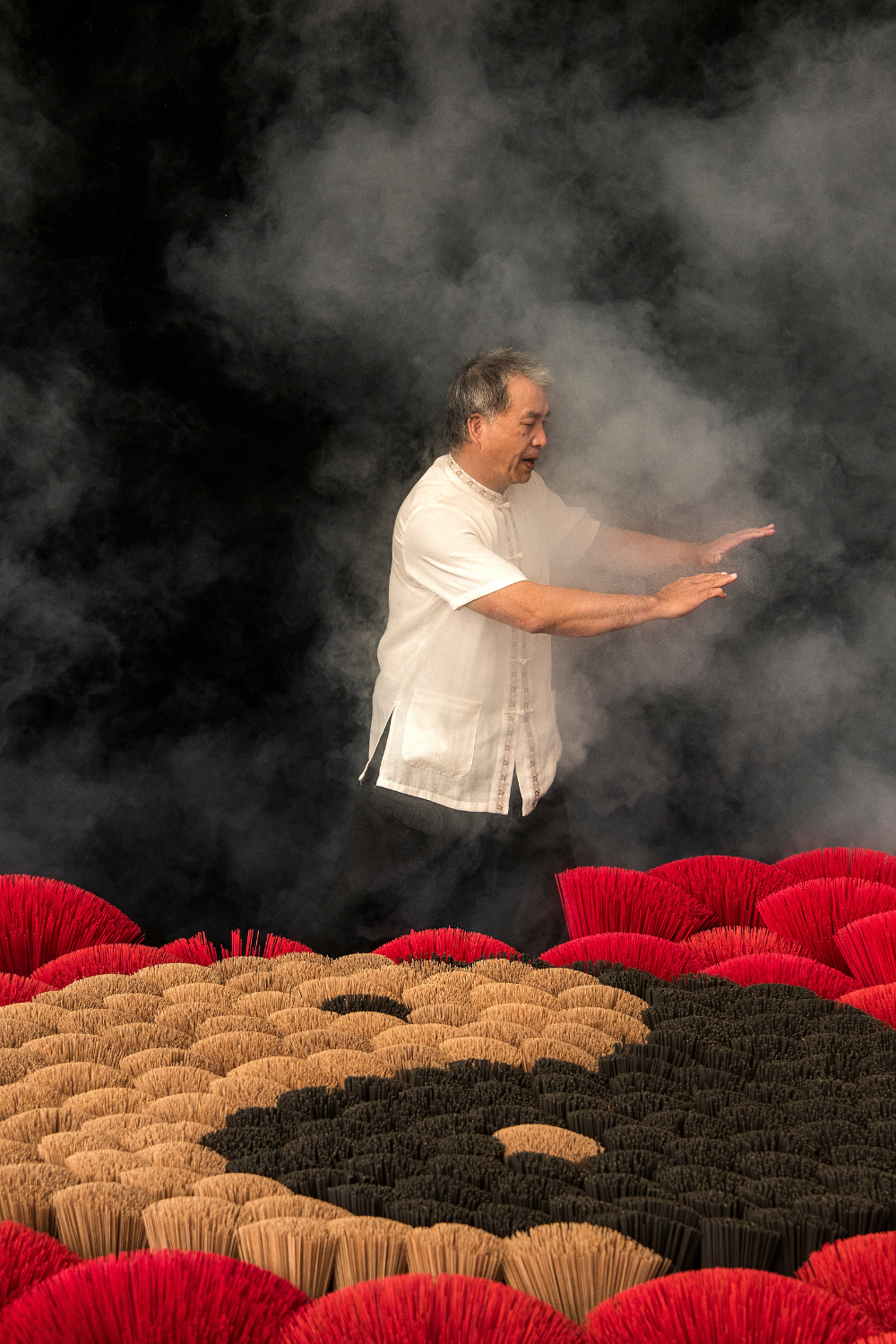
Tai Chi, an ancient Chinese martial art characterized by its gentle, flowing movements and deep, controlled breathing, has emerged as a valuable complementary therapy for cancer patients. This non-combative practice, often described as “meditation in motion,” offers a multitude of benefits that can significantly enhance the quality of life for individuals undergoing cancer treatment. It addresses not only the physical challenges associated with cancer and its treatment but also provides psychological, emotional, and social support.
Physical Benefits
- Improved Physical Function: Tai Chi helps maintain and improve physical function, which can be compromised by cancer treatment. Its gentle movements enhance flexibility, muscle strength, and balance, aiding in the recovery and maintenance of physical abilities.
- Fatigue Reduction: Cancer-related fatigue is one of the most common side effects of cancer and its treatment. Tai Chi, with its gentle approach, has been shown to reduce fatigue levels, helping patients to feel more energized and improving their overall well-being.
- Pain and Nausea Management: The practice of Tai Chi can lead to reductions in pain and nausea, common side effects of cancer treatments like chemotherapy. The focus on breathing and movement can distract from pain and discomfort, providing a natural form of relief.
- Enhanced Immune Function: Some studies suggest that Tai Chi can have a positive effect on the immune system, which is crucial for cancer patients, particularly those undergoing treatments that can weaken their immune response.
- Lymphedema Prevention and Management: For patients who have undergone lymph node removal, Tai Chi can aid in the management and prevention of lymphedema, a condition characterized by swelling due to lymph fluid accumulation.
Psychological and Emotional Benefits
- Stress Reduction: Tai Chi’s meditative aspects help reduce stress and anxiety, which are prevalent among cancer patients. The practice promotes a state of calmness and relaxation, aiding in emotional balance.
- Improved Mood and Quality of Life: Regular Tai Chi practice can lead to improvements in mood and overall quality of life. The combination of physical activity, deep breathing, and mindfulness can significantly impact one’s outlook and coping ability during cancer treatment.
- Cognitive Function: Cancer and its treatments can affect cognitive functions, leading to what is often termed “chemo brain.” Tai Chi can help improve concentration, memory, and cognitive function, helping to mitigate these effects.
Social and Spiritual Benefits
- Social Support: Group Tai Chi classes provide an opportunity for social interaction, offering a sense of community and belonging that can be vital for emotional well-being during cancer treatment.
- Spiritual Growth: Many find that Tai Chi offers not only physical and emotional benefits but also a path to spiritual growth, helping patients find meaning, hope, and inner peace during their cancer journey.
Integration into Cancer Care
- Complementary to Conventional Treatments: Tai Chi is an excellent complement to conventional cancer treatments. It can be integrated into care plans to manage side effects, improve patient outcomes, and enhance the effectiveness of medical treatments.
- Adaptability: Tai Chi is adaptable to various fitness levels and physical capabilities, making it suitable for cancer patients, including those with limited mobility or undergoing active treatment.
- Safety and Accessibility: As a low-impact form of exercise, Tai Chi is safe for most cancer patients. It can be practiced in various settings, including hospitals, cancer support centers, or at home, making it an accessible option for many.
Incorporating Tai Chi into the care regimen for cancer patients offers a holistic approach to managing the myriad challenges of cancer and its treatment. It provides a non-pharmacological means of addressing physical symptoms, such as pain and fatigue, while also offering psychological and emotional support. Furthermore, Tai Chi fosters a sense of community and spiritual well-being, contributing to an improved quality of life during and after cancer treatment. With its gentle nature and profound benefits, Tai Chi stands out as a complementary therapy that can significantly aid in the cancer recovery process, embodying a harmonious blend of healing for the body, mind, and spirit.
